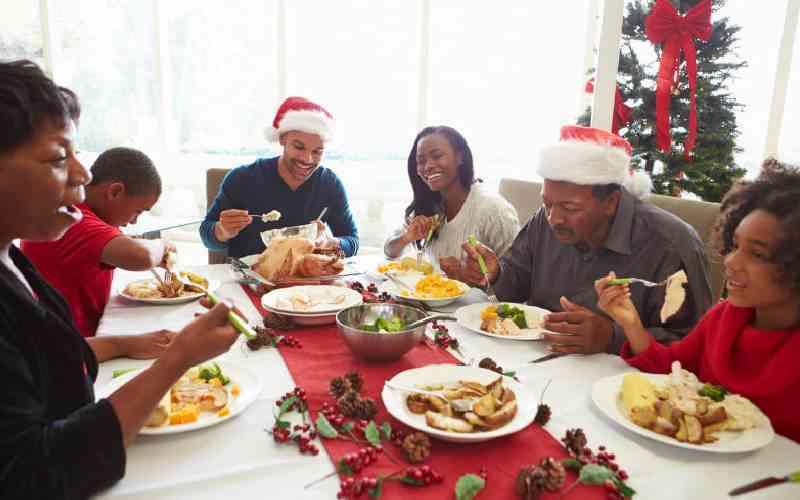×
The Standard e-Paper
Stay Informed, Even Offline

Ah, Christmas! It is here with us once again despite losing its shine over the years: It is more about conspicuous consumption than the birth of the Messiah. It is an excuse to engage in debauchery and decadence, binge drinking and merry making than memories of Joseph and Mary, the baby born in a manger, the Three Wise Men.
For some, the festive season though, is a time for culinary experiments, wetting gills with chasers and attendant constipation and headaches the following day.